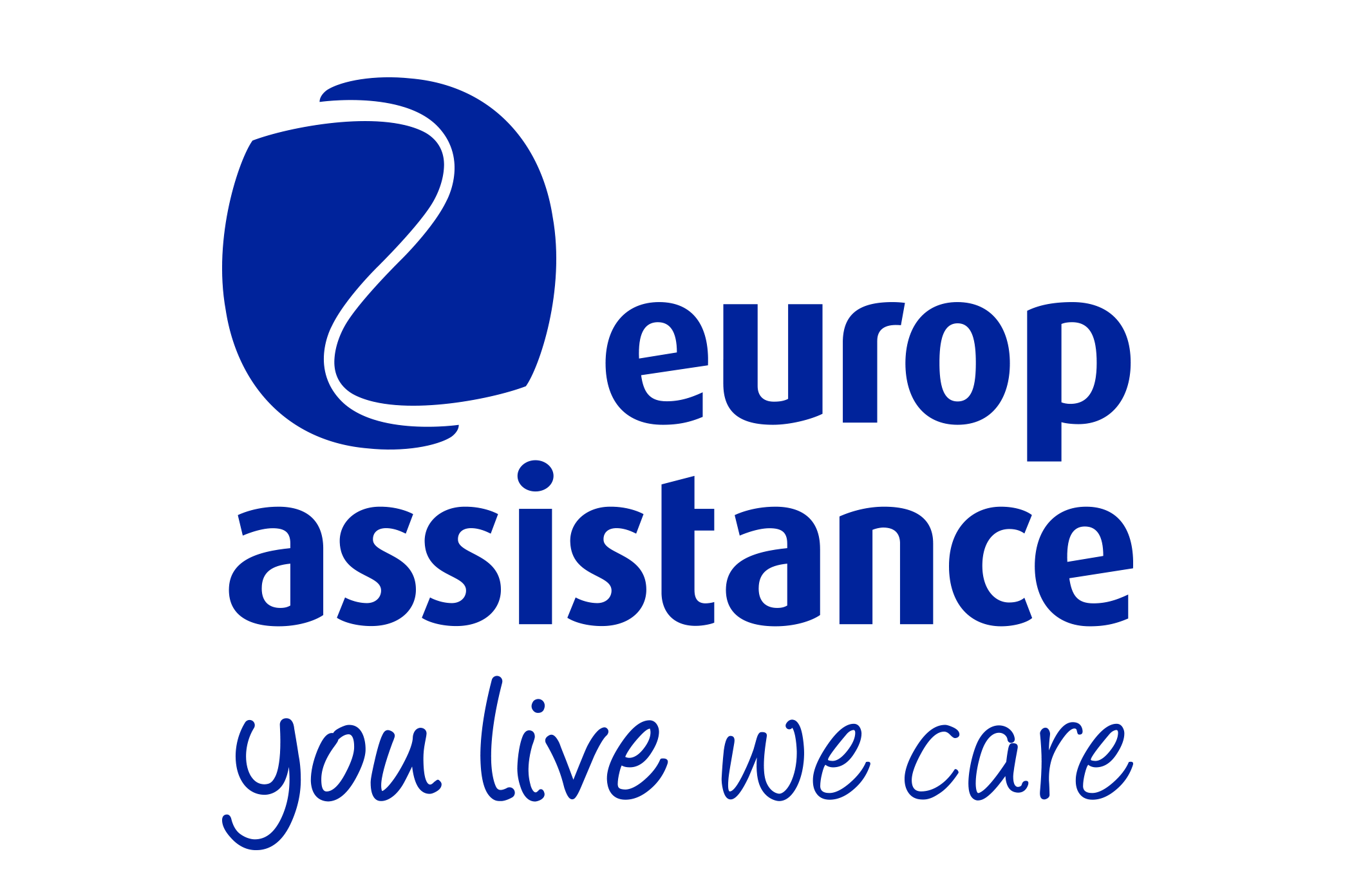Typhoid fever is a highly contagious bacterial infection caused by salmonella typhi. It is contracted by eating or drinking the bacteria in contaminated food or water. Therefore awareness and precaution are important to prevent the disease and minimise chances of getting infected.
In our new expert series dedicated to foodborne diseases, Professor Thomas Lescot, Europ Assistance’s Chief Medical Officer, helps you take the right steps to protect yourself against typhoid fever.
HOW CAN I RECOGNIZE & PREVENT TYPHOID FEVER?
A person typically contracts typhoid through contaminated food and drinking water. It may also pass from person to person by carriers who do not know they are infected.
Signs and symptoms are likely to develop gradually, often appearing one to three weeks after exposure to the disease, and usually include high fever, headache, stomach pain, loss of appetite, bloating and constipation or diarrhea. Most people who have typhoid fever feel better a few days after they start antibiotic treatment, but a small number of them may develop serious complications, which can be fatal.
Getting vaccinated is recommended if you live or travel to areas where the risk of getting typhoid fever is high. But because the vaccine won’t provide complete protection, it is important to follow these guidelines when traveling to high-risk areas:
- Frequent hand-washing in hot, soapy water is the best way to control infection. Wash your hands before eating or preparing food and after using the toilet. And always carry an alcohol-based hand sanitizer for times when water isn’t available.
- Contaminated drinking water is a particular problem in areas where typhoid fever is endemic. For that reason, drink only bottled water or canned/bottled carbonated beverages. Carbonated bottled water is indeed safer than non-carbonated bottled water.
- Because raw produce may have been washed in contaminated water, avoid fruits and vegetables that you can’t peel, especially lettuce.
- Avoid food that’s stored or served at room temperature. Steaming hot foods are best.
Think you’re experiencing suspected symptoms? Speak to a doctor online now.

